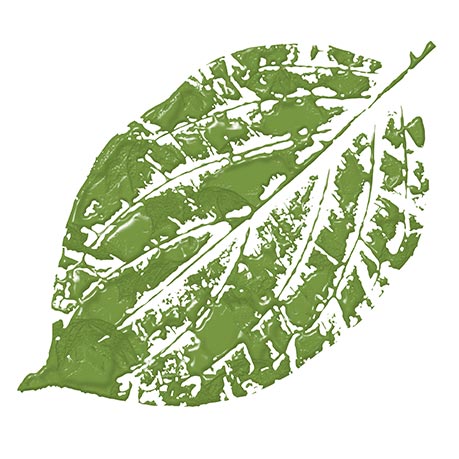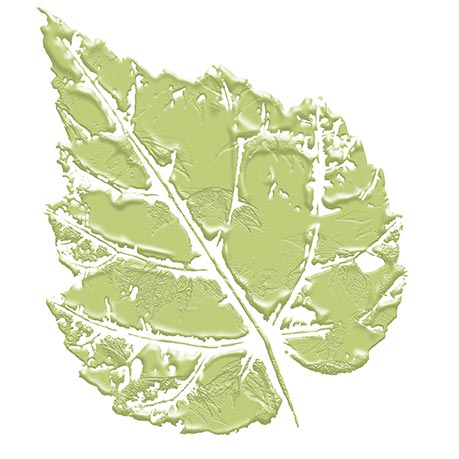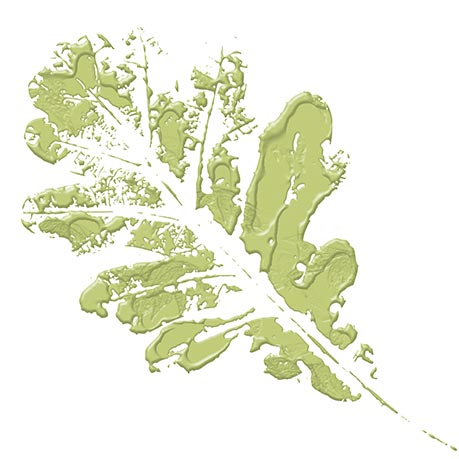From BlackWhite magazine - issue 05, product feature
Everything you need to know about Resene’s growing plant-based paint offerings.

There can be a whole host of reasons for choosing a particular paint, from its intended use to the substrate it will be applied on to its durability and the finish that’s desired. While you probably know where to browse Resene’s products online and find technical information and data sheets to determine whether a paint is fit for purpose and how eco-friendly it is, you may not know off the top of your head what to choose if your client requests a plant-based or vegan paint. The good news is, it’s far easier to specify than you might think.
As people have become increasing conscientious about the impacts their personal choices make on the environment, plant-based paints have become a hot topic. But Greg Percival, a senior chemist on the Resene Technical Team, says that there are still many misconceptions about how we think of ‘renewables’ with respect to the world of paint.
“Most paint systems have been based on organic polymers using combinations of carbon, hydrogen and oxygen sourced from fossil hydrocarbons – or what most people who aren’t chemists refer to as ‘oil’. Minimising the use of fossil hydrocarbons is a priority for the paint industry and research is now focused on using carbon from biological sources which can be recycled into the atmosphere then back into plant growth without increasing atmospheric carbon dioxide – hence the term renewable,” he says.



Over the last few years, Resene chemists have been busy developing new hybrid waterborne alkyds – which is a relatively young area of technology. These products are actively replacing solventborne formulas; but unlike solventborne products, hybrid waterborne alkyds meet Environmental Choice standards.
“Alkyd polymers based on plant oils such as linseed and castor can be formulated with 60% to 95% renewable content depending on the required paint properties and for higher performance combined with other polymers to create hybrid waterborne alkyds,” explains Greg. “Research is continuing to improve the performance properties of these hybrid alkyds to meet or outperform the conventional fossil-based polymers currently in use in solventborne products. As volumes of these materials grow, production costs will reduce and provide a number of benefits such as improved indoor air quality, an alternative income source for farming and specialisation of plant types for arid and low productive land.
“Development of the renewable plant-based theme is being extended beyond the polymers into pigment dispersants, thickeners and non-VOC solvents and plasticisers to further reduce fossil-based content. For paint applicators and DIYers, this means a healthier environment without being penalised with a higher cost or compromised performance.”
Unless you are a vegan or know a vegan, you might feel a bit in the dark about what the term means. Veganism is a lifestyle that goes far beyond what food or drinks someone does or doesn’t consume to fuel their body. While personal values can differ from one individual to another, any product or ingredient that comes from an animal or insect is generally off the table. Vegans are among the most avid label readers and have taken the time to learn all the many ways in which animals and insects are used to create the foods and products we encounter in our everyday lives – and the cryptic names that manufacturers use to identify them. You may be aware of more obvious considerations, like that many vegans won’t wear leather products. But savvy vegans also won’t purchase clothing from suppliers that use animal-based glues or dyes in their clothing or footwear production.
Sometimes even products that don’t seem like they should contain animal products do. For example, many wines and beers use animal products like isinglass – a gelatinous substance obtained from the dried swim bladders of fish – as clarifying agents. And carminic acid, or cochineal, is a common edible colouring used in many foods and drinks to impart red or magenta tones that is made from small female beetles that can be found on wild cacti in Central America. There are also products you may be generally familiar with, such as shellac and gelatin, but you may not have realised they are derived from animals or insects.


Plant-based paints are made just like normal paint but without the use of animal products or animal by-products. Therefore, everything that’s in the tin comes from plants and minerals. That might sound like a challenging niche to fill, but Resene’s recent product launches have shown it is possible to achieve.
This means you can choose products like Environmental Choice-approved Resene Room Velvet low sheen hybrid waterborne alkyd for interior walls, Resene Waterborne Lusta-Glo semi-gloss hybrid waterborne alkyd for trims and Resene Woodsman Decking Oil Stain hybrid waterborne alkyd for decking. Resene chemists are also finalising Resene Waterborne Super Gloss, a gloss hybrid waterborne alkyd which is ideal for trim and joinery inside and out. Hybrid waterborne alkyds can be used wherever waterborne enamels are used, providing a more durable film and smoother finish without the noticeable yellowing associated with traditional solventborne enamels.
The reasons why someone embraces a vegan lifestyle are often personal, but many choose it because of a deep reverence for the environment. Conveniently, Resene’s plant-based paints are also waterborne and Environmental Choice approved – which means they carry the added wellness and environmental benefits of reduced VOCs and lower odour.
If you are tasked with applying plant-based paints for a vegan client, we recommend using synthetic rollers and brushes to maintain your client’s values through the painting process as the virtues of specifying Resene’s plant-based products can instantly collapse under the stroke of a boar bristle paintbrush. Simple gestures like these to accommodate your client’s choices can be incredibly meaningful to them.
Some of Resene’s latest paint offerings are plant and mineral based. Here’s a selection to help you choose Resene plant-based paints for your projects:
Interior wall paint and ceilings
Door, trim and joinery paint
Decking
Exterior and interior timber
Did you know? While Resene’s plant-based paints are also environmentally conscious, not all eco-friendly and natural paints are vegan. Most eco-friendly and natural paints focus primarily on minimising toxicity and some may have animal products or by-products in them, such as beeswax.
› To learn more about this fascinating topic, check out www.resene.com/archmemo-plantbased-paints.





This is a magazine created for the industry, by the industry and with the industry – and a publication like this is only possible because of New Zealand and Australia's remarkably talented and loyal Resene specifiers and users.
If you have a project finished in Resene paints, wood stains or coatings, whether it is strikingly colourful, beautifully tonal, a haven of natural stained and clear finishes, wonderfully unique or anything in between, we'd love to see it and have the opportunity to showcase it. Submit your projects online or email editor@blackwhitemag.com. You're welcome to share as many projects as you would like, whenever it suits. We look forward to seeing what you've been busy creating.
Earn CPD reading this magazine – If you're a specifier, earn ADNZ or NZRAB CPD points by reading BlackWhite magazine. Once you've read an issue request your CPD points via the CPD portal for ADNZ (for NZ architectural designers) or NZRAB (for NZ architects).